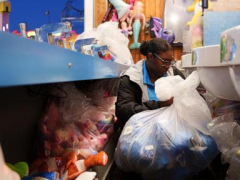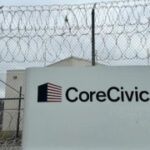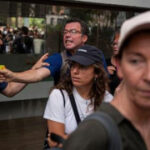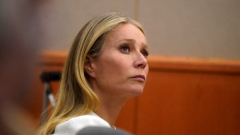NEW YORK — The trade disputes involving global economic powerhouses such as the U.S. and China are being felt even in such distinctly local places as your regional amusement park.
Families who balk at the cost of a summer vacation at big amusement parks like Disney World favor trips to regional parks, which typically are within driving distance, so expensive flights aren’t necessary. But if tariffs lead to economic uncertainty, they may just stay home.
For park owners, tariffs could subject them to extra costs that their customers might not think about. Parts of the rides are made of imported steel that’s currently subject to tariffs. Those prizes and toys people win after they shoot basketballs into a hoop? They usually come from China, which has been subject to varying tariffs.
So far this year, however, there’s been no letdown.
“We’ve had good crowds, and everyone seems excited to be here,” said Brian Hartley, vice president of Playland’s Castaway Cove, in Ocean City, New Jersey, which boasts 30 rides, miniature golf, go-karts, and other beachfront attractions. “As long as the weather is good, they’re ready to come down.”
That’s true for park-goer Chris Del Borrello, at Castaway Cove on a bustling June Friday evening with a group of 10 family members, including his four children.
“We come here every year because it’s so fun, and we build memories every single summer,” he said.
Tariffs loom over the summer tourism industry just as leisure travel is expected to finally get back to prepandemic levels. The U.S. Travel Association expects Americans to take 1.96 billion trips expected this year, up 2% from 1.92 billion last year. Travel spending is also expected to increase 2% year over year.
As park operators prepared for the 2025 summer last year, President Donald Trump unrolled on-again, off-again tariffs against U.S. trade partners that made planning difficult. For instance, proposed tariffs against China started at 10% in February, rose to 20% in March, ballooned to 145% in April, and were reduced to 30% in May. On Wednesday, the Trump administration put the number at 55%.
Hartley said he ordered items like stuffed animals for games from China early to beat the tariffs – and benefitted from the pause announced in May.
“We l





